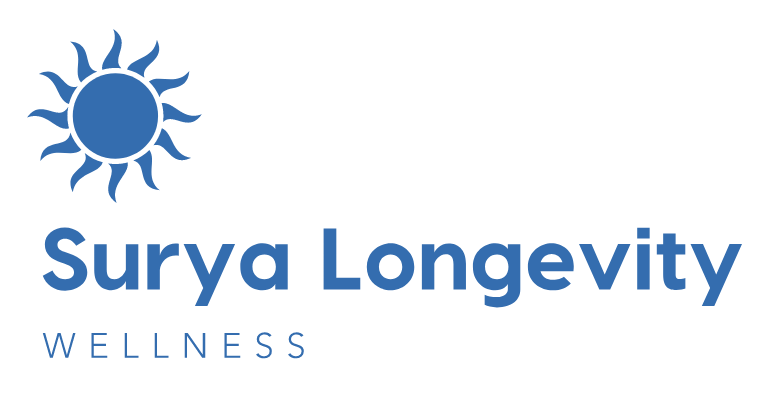
The Promise of Human Cellular Tissue Therapy in Modern Medicine
Introduction
Human cellular tissue therapy, also referred to as Cytosomes, represents a significant advancement in the field of regenerative medicine. As a potent form of cellular therapy, Cytosomes harness the body’s natural healing capabilities to repair damaged tissue, address inflammation, and potentially treat a variety of conditions.
Understanding Cytosomes
Cytosomes are naturally occurring vesicles found in the human body. They are created and released by cells and contain a variety of biological molecules such as proteins, lipids, and RNA. Importantly, Cytosomes carry information from one cell to another, a form of intercellular communication that plays a pivotal role in various physiological processes, including tissue repair and immune responses.
In the realm of cellular therapy, Cytosomes are isolated from a patient’s own tissues (usually adipose tissue or blood) and then re-administered to the patient at the site of injury or disease. By delivering concentrated amounts of healing and anti-inflammatory agents directly to the affected area, Cytosomes can enhance the body’s natural healing process and potentially combat various diseases.
Benefits of Cytosomes in Treatment
- Natural and Autologous: Cytosome therapy is considered natural and autologous (derived from the same individual’s body), which minimizes the risk of adverse reactions, rejections, or infections that can sometimes occur with other therapies.
- Promoting Tissue Repair: Cytosomes can stimulate the body’s regenerative processes, aiding in tissue repair and wound healing. They can help regenerate damaged or diseased tissues by promoting cell proliferation and differentiation.
- Addressing Inflammation and Pain: The biological molecules contained within Cytosomes can modulate the body’s immune response, helping reduce inflammation and associated pain.
- Potential Anti-Aging Effects: There is emerging evidence that Cytosomes may help combat the effects of aging on tissues by promoting cellular regeneration and reducing inflammation, which is often implicated in age-related disorders.
Applications of Cytosome Therapy
Cytosome therapy’s potential applications are vast, encompassing a range of medical fields. Some of the conditions that can be treated effectively with Cytosome therapy include:
- Orthopedic Conditions: Cytosomes can aid in the treatment of musculoskeletal injuries such as tendonitis, osteoarthritis, and sports injuries by promoting tissue repair and reducing inflammation.
- Dermatological Conditions: In dermatology, Cytosomes can assist in healing wounds and burns and treating skin conditions such as psoriasis and eczema.
- Neurological Disorders: Preliminary research suggests that Cytosomes might have potential in treating neurological disorders like Parkinson’s disease and stroke by promoting neuronal repair and regeneration.
- Autoimmune Diseases: Given their immune-modulatory properties, Cytosomes might have potential in treating autoimmune conditions such as rheumatoid arthritis and lupus.
- Cardiovascular Diseases: Cytosomes are being explored for their potential to regenerate damaged heart tissue following myocardial infarction (heart attack).
Conclusion
Human cellular tissue therapy, specifically Cytosomes, represents a promising frontier in regenerative medicine. With their potential to promote tissue repair, combat inflammation, and treat a wide array of conditions, Cytosomes offer a promising therapeutic option for patients. While current evidence supports their safety and efficacy, ongoing research will undoubtedly continue to refine our understanding of their therapeutic potential, paving the way for novel, cutting-edge treatments in the future.


